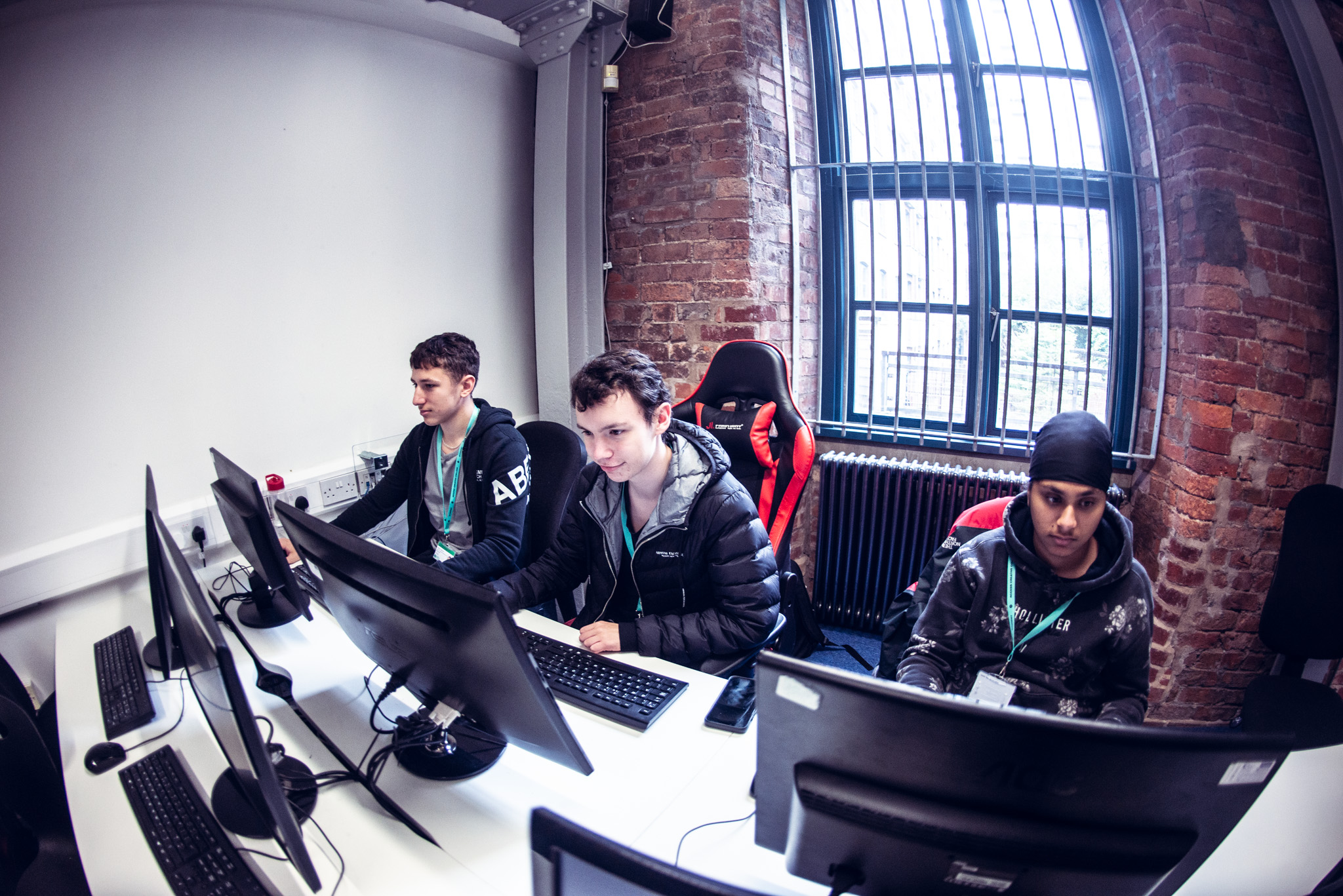Are you interested in a career in coding or software development?
Working in software development can be highly creative and very rewarding, with great career progression. Starting a computing career in Norwich, or anywhere else for that matter, involves several key steps – it’s not an easy career to just fall into and requires some planning. Here’s a structured approach to help you get started.
![]()
1) Do Your Research

Research the various fields within computing to understand what interests you the most. This could include software development, cybersecurity, data science, networking, coding etc. Are you creative or visual? Software development might be better for you. If not, then possibly take a more scientific route. Look into the job prospects, required skills, and potential career paths for each niche.
![]()
2) Decide on Your Niche
Based on your research and interests, decide on a specific niche within computing that you want to pursue. This will help you focus your efforts on relevant courses and opportunities.
![]()
3) Enrol on a Computing College Course

Look for reputable computing college courses in Norwich that offer programs aligned with your chosen niche. At Access Creative College in Norwich, we offer a popular Software Development T-Level course, alongside our Games Development and Animation and Visual Effects courses. Our T-Level course also offers you a work placement which in itself can be an excellent start to a career in the industry.
When looking for a course, ensure that the course curriculum covers relevant topics and provides hands-on experience. Make sure you work hard on your Maths and English GCSEs as both are highly relevant to this career path.
Need to know more about what a T-Level is? Find out how to become a Software Developer.
![]()
4) Build a Portfolio
Start building a portfolio of projects related to your chosen niche. This could include coding projects, software applications, websites, or any other relevant work. A strong portfolio will demonstrate your skills and expertise to potential employers. You could learn a variety of coding languages from Python to C# or HTML. A good course will give you a grounding in these areas.
![]()
5) Work on Your CV

Craft a professional CV highlighting your education, skills, and relevant experience. Tailor it to the specific job roles you’re applying for within the computing industry. Include your portfolio link and any certifications you’ve obtained.
If you haven’t got any formal work experience, consider how you can turn your personal experiences into CV positives – Have you been a leader of a team? Have you got good interpersonal skills? Have you done any volunteering?
![]()
6) Get Involved in Work Experience
Seek out internships, part-time jobs, or volunteer opportunities related to your field of interest. This will provide you with practical experience, expand your network, and enhance your resume. Look for local businesses, tech startups, or IT departments within larger companies for potential opportunities. You can also join a hackathon or boot camp to gain experience.
![]()
7) Decide on University or an Apprenticeship

Depending on your career goals and preferences, decide whether you want to pursue further education at a university or opt for an apprenticeship program. Universities may offer bachelor’s or master’s degrees in computing, while apprenticeships provide a combination of on-the-job training and classroom learning.
![]()
8) Start Applying
Once you feel confident in your skills and experience, start applying for entry-level positions or programs relevant to your chosen niche. Tailor your applications to each job or program, highlighting how your background aligns with their requirements.
By following these steps and remaining proactive in your job search and skill development, you can kickstart your computing career in Norwich or any other location.
Access Creative College can help you to start your computing and software development journey. Apply for a course online today!
- How to start a computing career in Norwich - April 15, 2024
- What are the best music venues to play in Norwich? - April 5, 2024